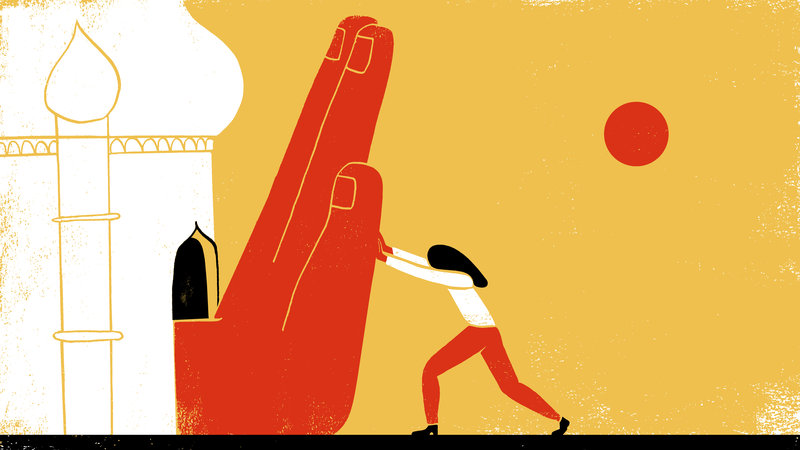Public discussion of periods is still a taboo in many parts of the world. But this week in India, everybody’s talking about the topic.

The reason: an announcement by a Mumbai media firm called Culture Machine: The company has announced that its 75 women employees could take the first day of their period as a paid day off if they experience pain or discomfort. Some reactions have been supportive — and some not.
The rationale at Culture Machine: to reduce the stigma around menstruation as well as make it easier for women to catch a break if they’re coping with period pain. Devleena Majumder, president of human resources at the company, said the new policy was formulated after a conversation she had with her team about three weeks ago, over evening coffee. The women were saying how difficult it was to commute to work by public transport on the first day of their period, but they didn’t want to use their sick leave to stay home. As the company explained in an press release, they decided that giving woman time off to “keep up with their natural biological cycle” would “empower them to be their “prime selves.”
In a country where menstruation is very much considered a women’s issue, never to be discussed with men, this step is considered quite bold.
After sharing the news with their staff, the company published a Candid Camera reaction video. A male interviewer asks several women employees about their menstrual challenges and then reveals the company’s new policy — #FirstDayofPeriods — or #FOPLeave — as paid leave. The video has had over 1.5 million views on Facebook and well over 100,000 views on YouTube. The employees are all happy, and that mirrors a trend on social media, where hundreds of women have expressed appreciation for a company that understands the challenges of getting to the office and working through the cramping and pain.
Image credit: Hanna Barczyk for NPR
Read the feature.

0 Comments